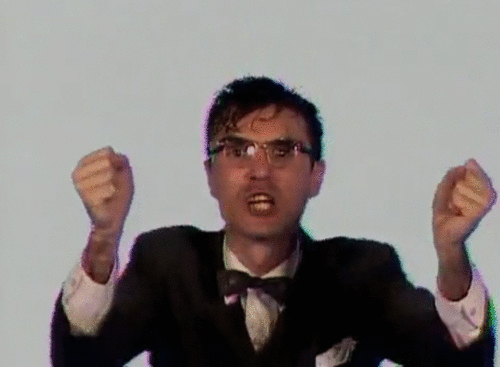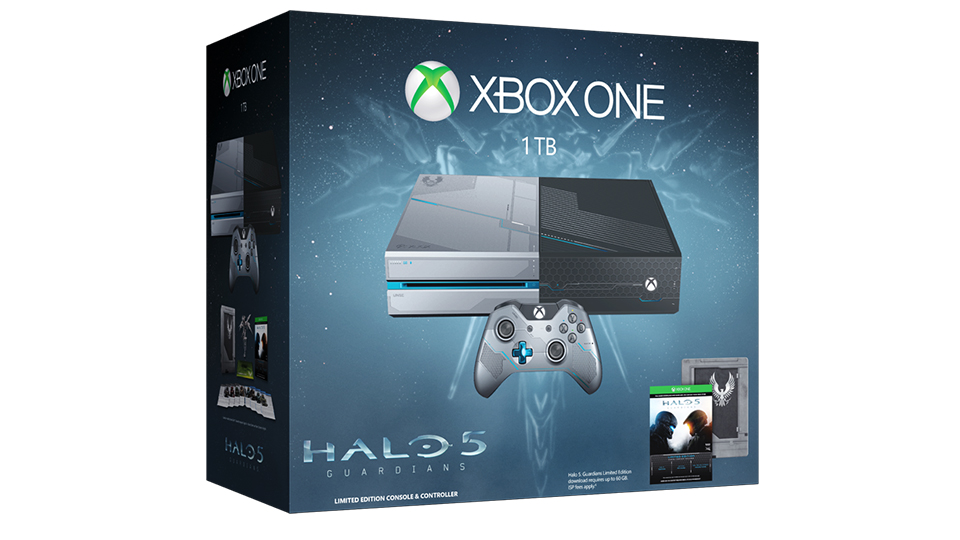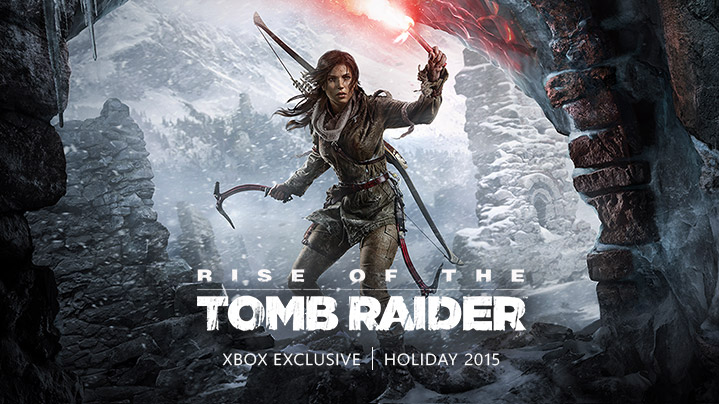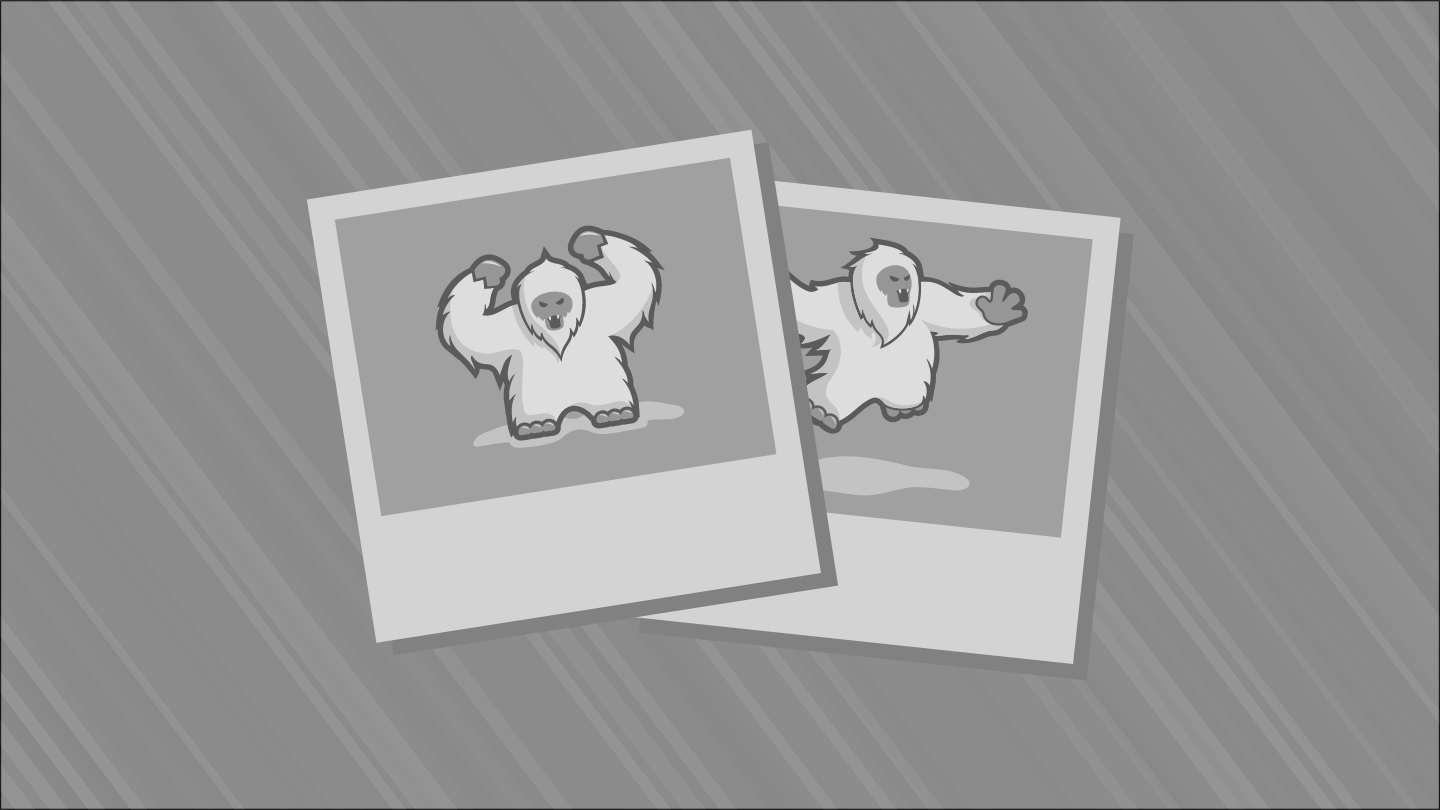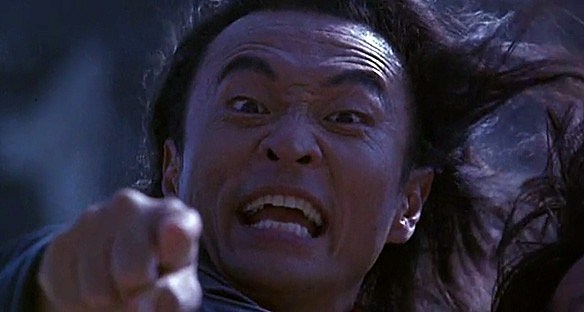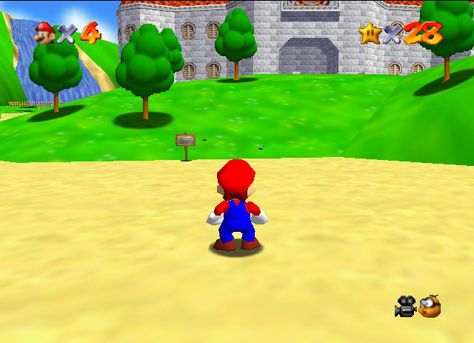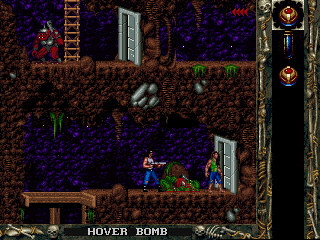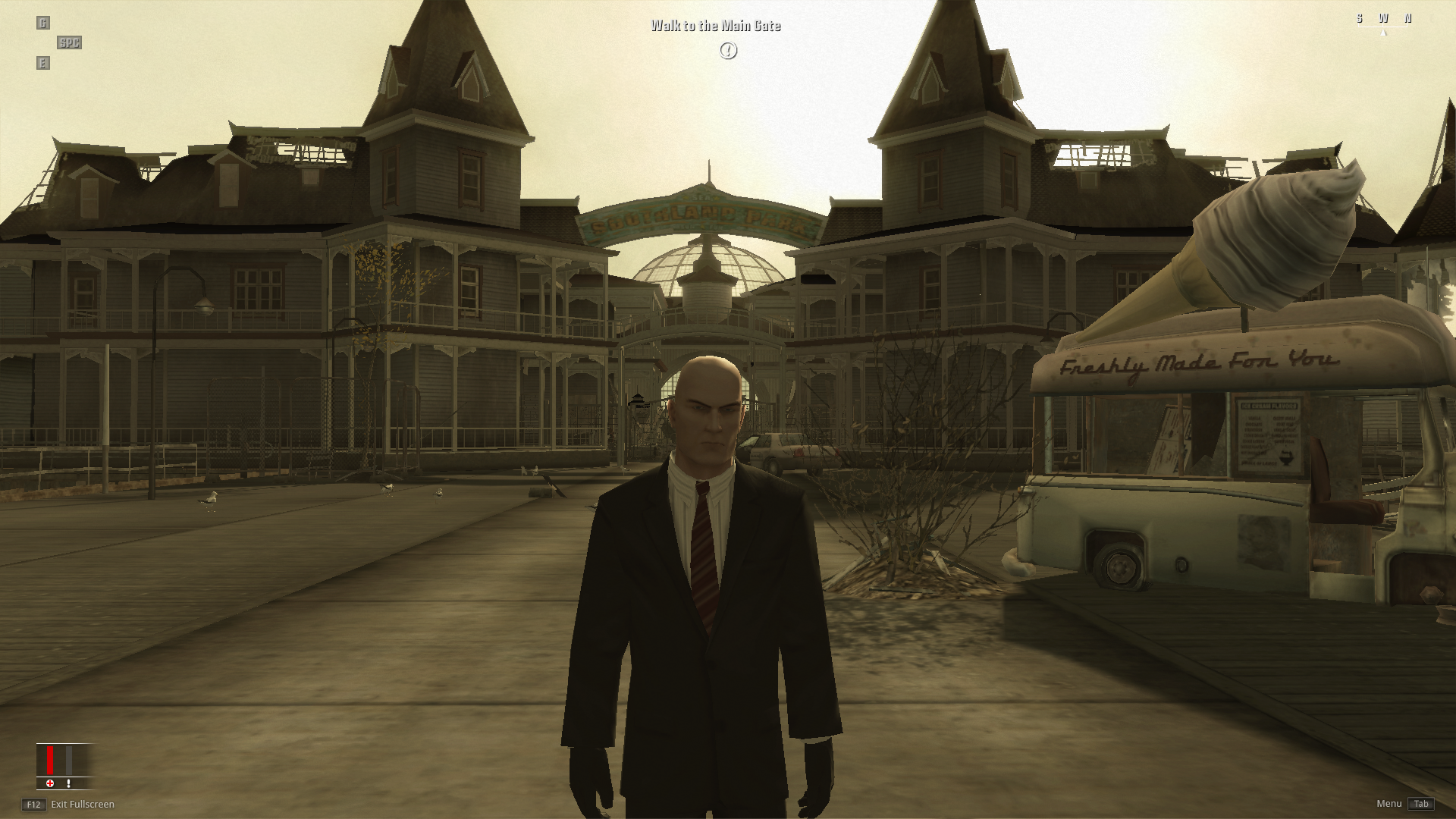
No Man's Sky just might be the game I've waited my whole life to play. That's a heavy burden to place on any one game, but it's mostly true. No Man's Sky speaks to many of my childhood dreams. And even now as an adult, I've found myself sifting through a myriad of thoughts triggered by this intriguing game.
I have to establish some history here. At the age of 9, I was certain that I wanted to be an astronaut, and I was very serious about that. My 4th grade science project was making a model of the space shuttle along with a 4 page report on the future of space exploration. I was very practical (for a 9 year old). I didn't expect, or hope to discover little green or grey men. I didn't imagine that we'd eventually discover a hidden race of aliens living under the crust of Mars. But, I did believe that the universe was an awfully big place where quite literally ANYTHING was possible.
Around that time in my life, I desperately wanted to be part of the youth space camp in Florida that develops young minds that dream of exploring the stars. I never got that chance, and that was a sore spot for a brief period of time.
Years later, I would get my very first home console, an Atari 2600. Among the handful of games that I owned was a game by Activision simply titled Space Shuttle. It was a surprisingly challenging flight simulator despite the technology. The shuttle itself was fantastically difficult to control. The color palette was laughable, and realism was a word that didn't really exist when discussing video games from the 1980's. Nonetheless, I loved it.

My imagination filled in the blanks where the game left off. I entertained the notion that I was doing something important by feeding my dream of one day piloting a spacecraft. For many years after that, though my desire to be an astronaut had fizzled, I maintained my fascination with space. I would soak up nearly any game, any movie, any TV show that allowed me to indulge that fantasy. My mind would soar. I wanted to know, what great things were possible OUT THERE amongst the stars?
In my mind, no game ever truly tackled that question with any measure of credibility until the arrival of Mass Effect. Was Mass Effect scientifically sound? Probably not. But, it did allow you to do something that is important even in the application of hard science. It allowed you to SEE, to speculate, to wonder, to question. Like all great works of science fiction, Mass Effect teased us with the fantasy, the possibilities of future space travel.

You may not have like the ending, but you could never forget the game.
No Man's Sky is a much purer experiment in simulating space exploration. It accurately reflects the impossible challenge of "seeing it all". After watching an interview with the game's director Sean Murray, I was impressed to hear that most player's will likely drift through space for considerable periods without encountering other player's. The in-game universe is so vast, that the developer's have deployed virtual "probes" to explore said universe and send back data. Though the parameters for the game have been established by the development team, the precise details of what is out there, and what is possible are a mystery even to them. THAT is just awesome.
I once heard someone on GIO critique No Man's Sky and it's procedurally generated universe, noting that such games rarely fared well in the past. There is also the question of how much celestial diversity will truly exist in that virtual universe.
I almost immediately found this question to be amusing because well... look around. I mean, in our own solar system, the Earth is fantastically unique. Yes, it is quite likely that there are many "earth-like" planets that COULD support life. But our home planet is not a hypothetical exercise. While other planets could, ours actually DOES.
Out there, in the expanse of our solar system, planet after planet and moon after moon feature climates and surface patterns that are repeated over and over again. Hydrogen, Helium, oxygen (yes, oxygen), and nitrogen are some of the most common elements found in space. There's plenty of ice out there too. But not ice like you might drop in your glass of Coca-Cola, or even ice that you'd find in the Arctic icebergs.

Recent photos of Pluto, courtesy of NASA.

And what the surface probably looks like. Feels just like home, no?
It's now speculated that Europa, one of Jupiter's moons, has vast oceans covered with ice, that would completely dwarf our own. But to the average person walking on the surface of those planets, the experience would probably be about as diverse as exploring No Man's Sky. It would be one barren slab of rock after another. Drifting endlessly, with perhaps the occasional rich, life-bearing world every few billion, or trillion light years or so?
And on a purely fantastic, hypothetical note, what's to say that our own universe isn't "procedurally generated"? Do we have enough definitive, irrefutable data to say that it is not? What if the very fabric of time and space are constantly shifting and being rearranged? Time is merely a standard of measure, and space is merely distance.
And finally, there's the ultimate goal that exists within No Man's Sky. The mission to discover the center of the universe. And what would we expect to find? Answers? Even if there were answers, would we believe them? And what if there was nothing? What if that place was just an empty space, devoid of anything remarkable or noteworthy?
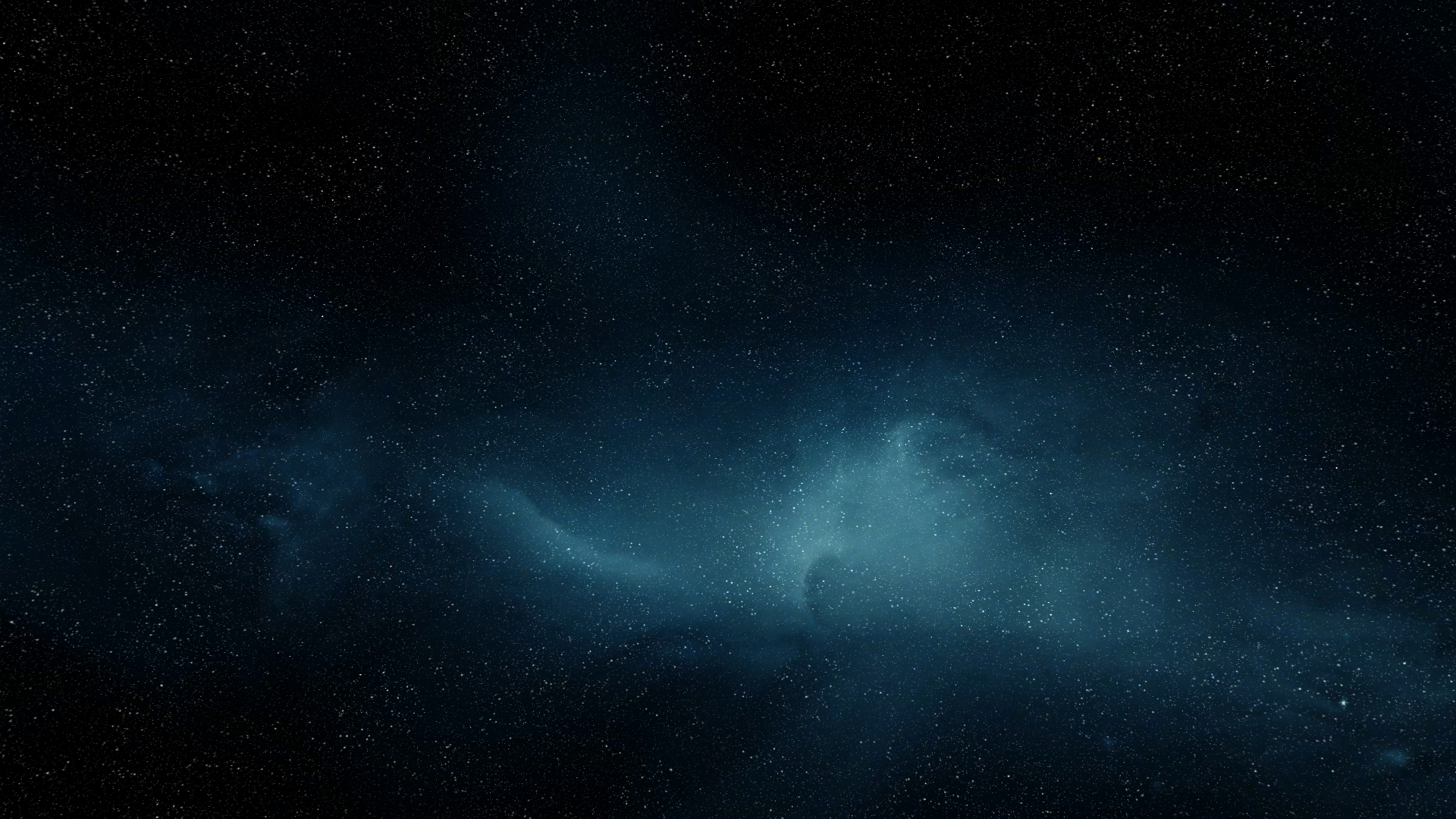
Center of the universe? Talk about an anti-climax.
I suppose the fact that one game could trigger questions like these is what intrigues me, because to my recollection, no other game has. There is no space journey that humans will undertake, that will not have taken place,first, in their minds and imaginations. You have to be able to conceive before you can BELIEVE.
If it is the game I hope it to be, I think there is much that No Man's Sky may help us to conceive.





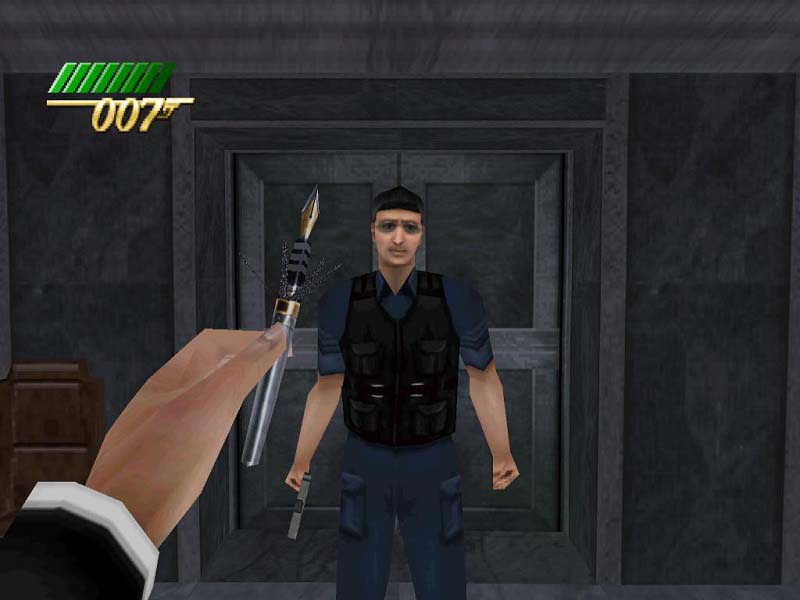



















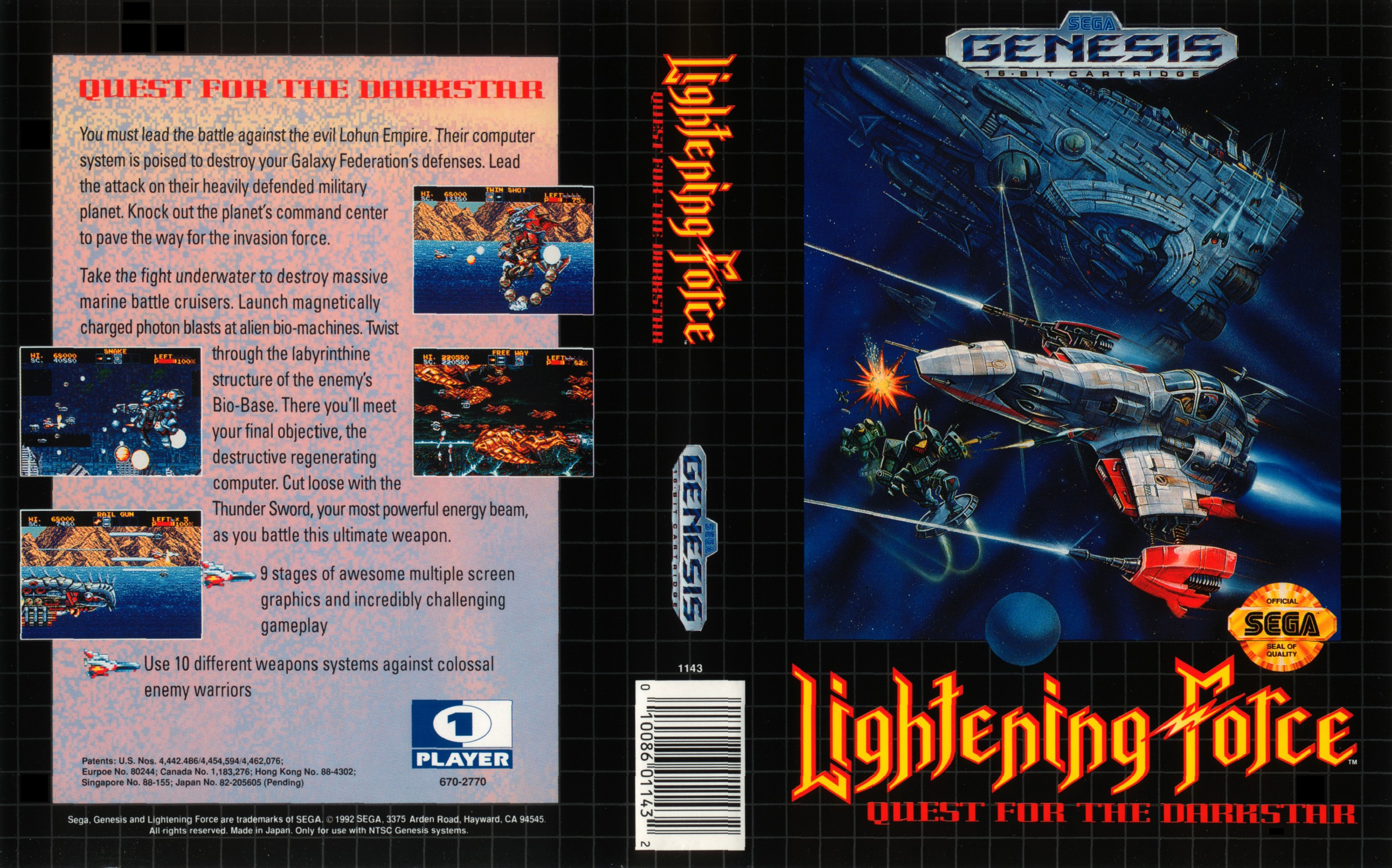

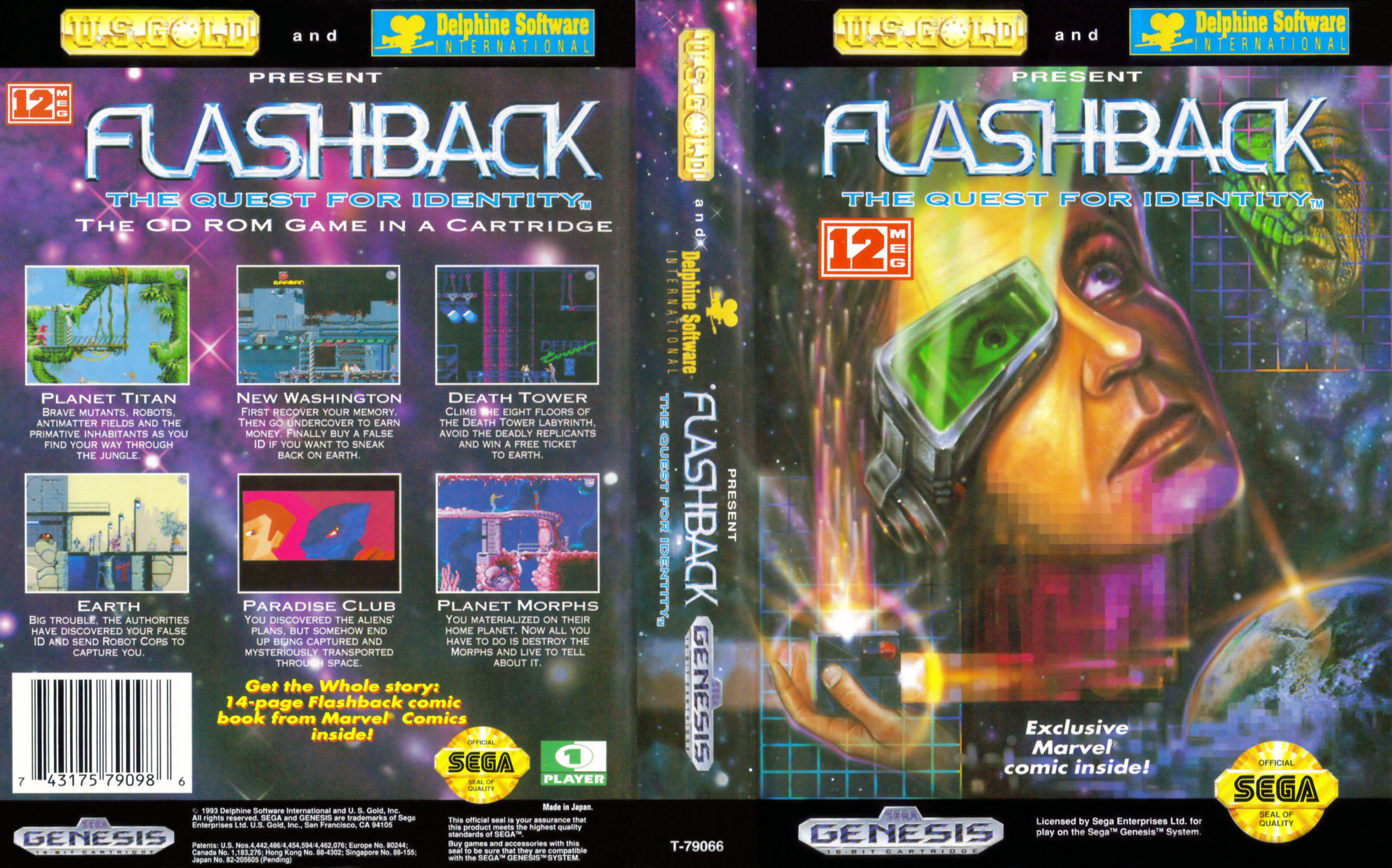

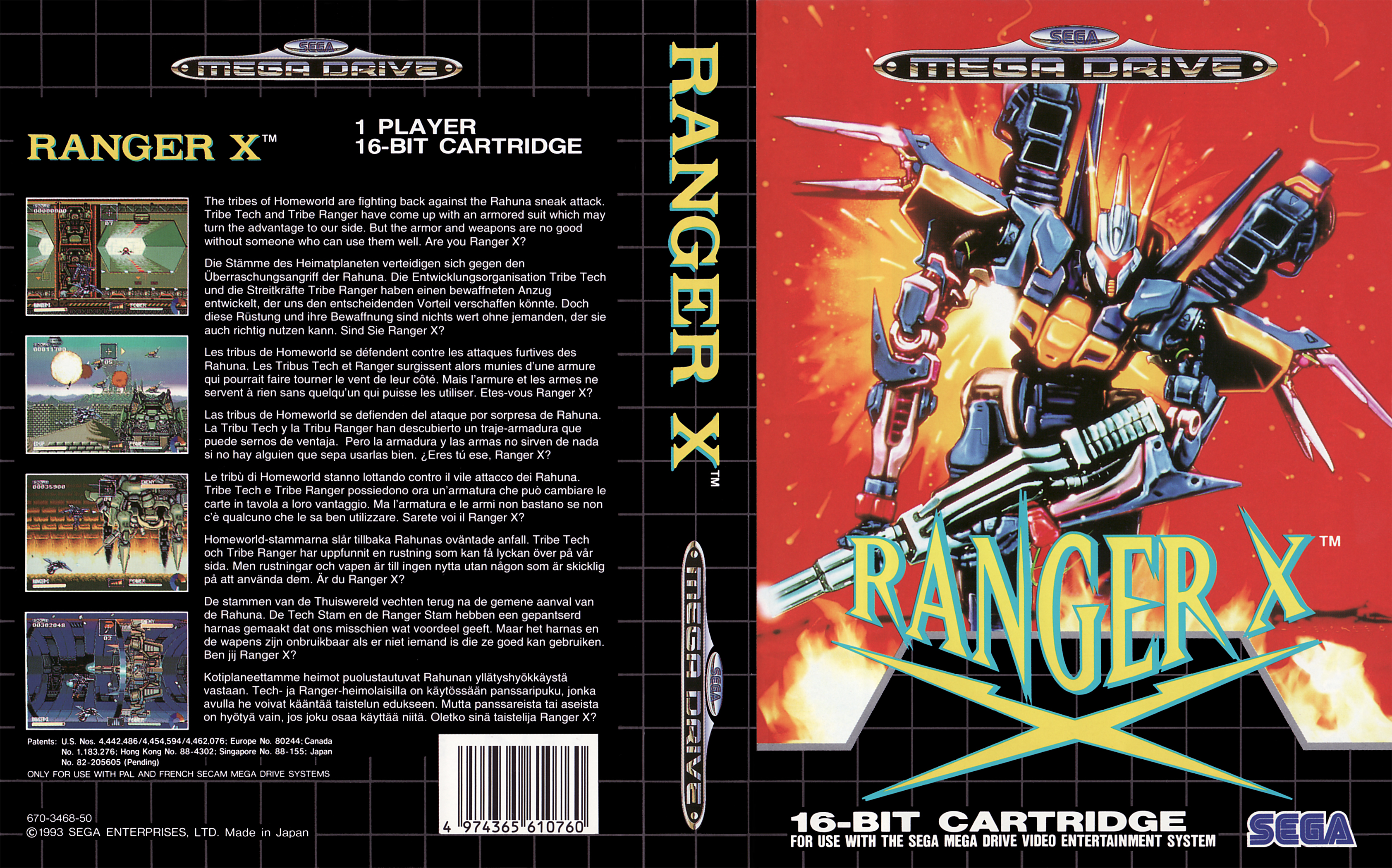

.jpg)
.jpg)



